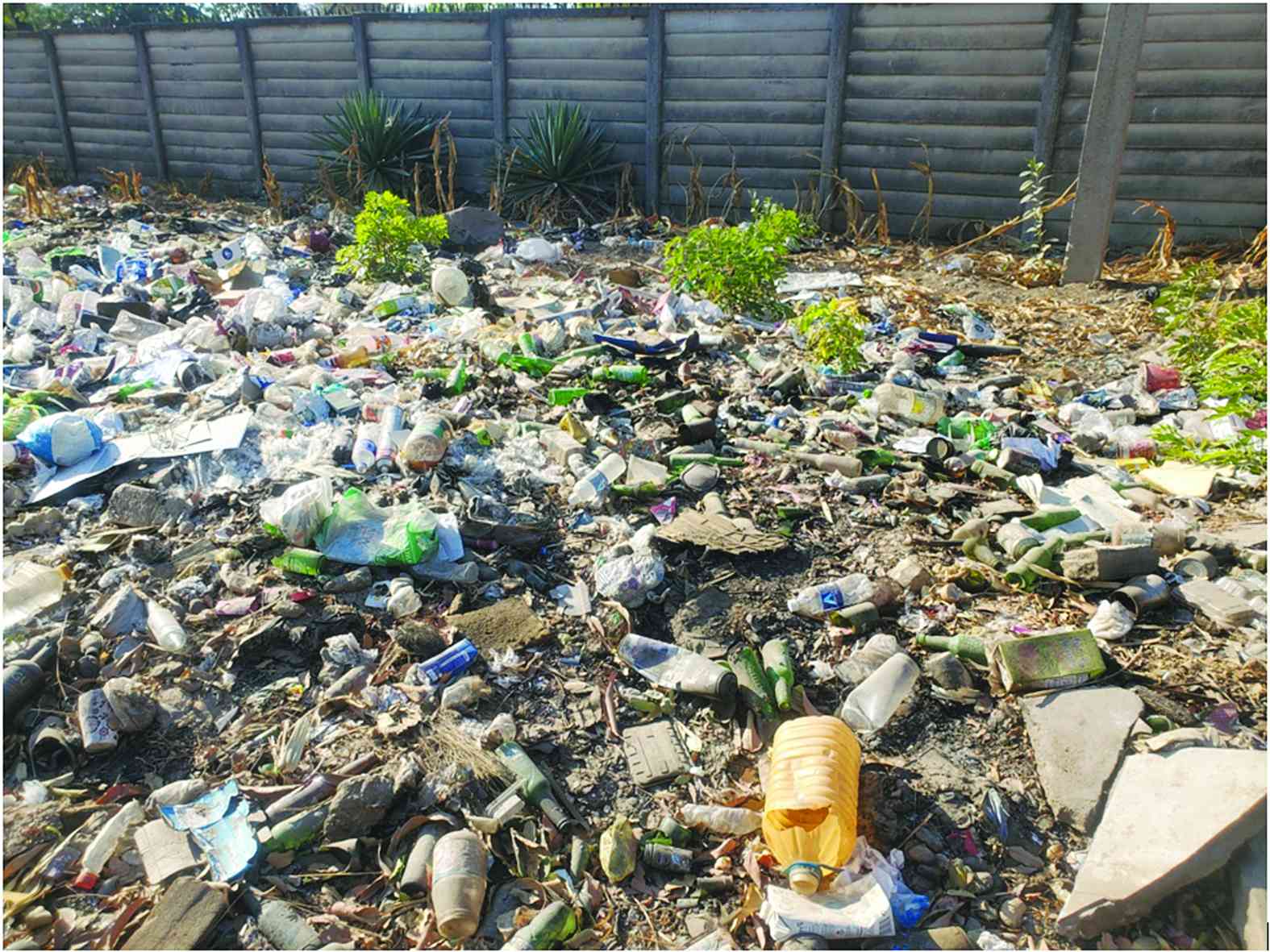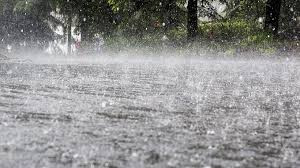
DEBATE rages on social media on whether white people in Zimbabwe generally care more about the environment than their black compatriots, many attributing the difference in approach to a dysfunctional local governmental system while others blame bad attitudes on the part of the indigenous population.
The consensus has been that though the city councils have been lax in waste management, citizens should have a mindset overhaul so as to be abreast with other parts of the globe on environmental care.
The white world learned through disasters such as the bubonic plague the danger of not taking care of the environment and are now all the wiser, making environmental care an integral part of their culture.
The debate was sparked by an article authored by this writer published recently in the weekly In Conversation with Trevor https://lnkd.in/dn9JN2s2 newsletter, which alluded to the difference in approach to the environment by the two demographic groups.
Environmental engineer Simon Bere, who says he is directly involved in environmental issues in Zimbabwe, acknowledged the validity of the question saying “it looks like some differences exist” between the two groups.
“Presently, it is hard to blame residents, white or black. Harare city’s solid waste management system has collapsed,” he wrote.
“The city collects refuse disposal fees from residents but does not provide regular collection. It does not provide outside temporary bins in cities and towns.”
Janet Chiedza, another contributor to the debate, sought to debunk the racial aspect of the debate.
- Veld fire management strategies for 2022
- Stop harassing media for reporting truth
- Veld fire management strategies for 2022
- News in depth: Mnangagwa’s push for $12 billion mining industry imperils communities
Keep Reading
“It does not have anything to do with race, rather upbringing and grooming,” she wrote, adding: “It’s the values we teach our children about anything, including the environment, that mould and shape them for life. Charity begins at home and you don’t need to be white or black to instil a culture that can make a difference.” According to Lois Chingandu , director external relations at Frontline Aids, the buck stops with the local government, but citizens also have to hold the city fathers to account.
“Ultimately, any rubbish needs to be collected and taken to dumpsites,” she wrote.
“People put [waste] on the roadside with the hope that city councillors, paid huge salaries, will do their job, but they still don’t.”
She argues that residents should hold the local authority to account.
“It’s madness that none is holding the city to account for the rates and waste collection it charges yet never deliver any services. All they needed was to maintain a system set up by the Smith regime of collecting waste everyday. People care, but they have a government that does not care and eventually they too stop caring.”
Certified chartered accountant Ishemupenyu Chagonda blames the education system for not inculcating environmental best practice.
Some contributors averred that the developed world learned from plagues the importance of caring for the environment and this has become white culture.
“People need to read about what London was like in the past and how they had to change after plagues. They have seen it all and had to innovate and change,” writes one Gilbert Tigere.
Evans Tongogara chips in: “True. Cities like Chicago [US], if you people follow history, were a complete disaster. Cattle pens, abattoir waste and raw sewage flowed onto the streets. Information, education and technology were not widely available.”
Award-winning entrepreneur Tsitsi M reiterates the argument that black neighbourhoods are not as well taken care of as others.
“Funny enough on a recent trip to the UK, a friend of mine who recently moved there remarked how she found urban areas that had high ‘black and minority ethnic’ populations ‘dirtier’. This is despite them receiving more or less the same services such as timely refuse collection and water supply, etc.
“I found myself pondering over this fact. Are urban blacks less conscious about the environment? Or are there deep-rooted social issues that influence this behaviour.”
Michelle Nonhlanhla Ndebele, former sales manager at Delta Beverages’ Coca-Cola Zimbabwe division, disagrees with the argument that it’s a racial issue without a sense of irony.
“I don’t think it’s a race issue,” she writes, “they [developed countries] have a working system compared to most African countries. It’s easier to have garbage put in the right places and have clear waste management systems as opposed to us.”
She said heavy penalties for garbage dumping also make it senseless for white economies to have garbage dumpers.
According to Bere, Harare alone generates between 700 and 900 tonnes of waste everyday, but the city only has the capacity to collect less than 50% of it.
“In 2021 working with an NGO [non-governmental organisation], we helped the city develop a detailed solid waste management strategic plan to solve the problem but up to now no implementation.”
He said if the city council did not take the lead it was difficult for residents to keep a city clean.
The Environmental Management Agency (EMA) has a number of laws against littering, which are intended to ensure that all citizens have access to a clean and safe environment but enforcing them is another issue altogether.
The law states that it is illegal to dump litter on any land, street, or road, except in a designated area or in a container intended for litter.
Fines for littering start at a minimum of US$30, but can increase depending on the circumstances.
Businesses in Harare’s central business district can be fined up to US$500 if they don’t have enough litter bins.
Illegal dumping offenders, according to the law, are responsible for removing illegally dumped refuse, or council will remove it at the offender’s expense.
Public transporters must provide enough waste bins for passengers.
The Ema Act’s section 70(1) states that no one can dispose of waste in a way that harms the environment or anyone’s health.
- Nevanji Madanhire is an environment-conscious journalist. This is an excerpt from the weekly convowithtrevor.com newsletter. Subscribe for fresh and thought-provoking insights.










